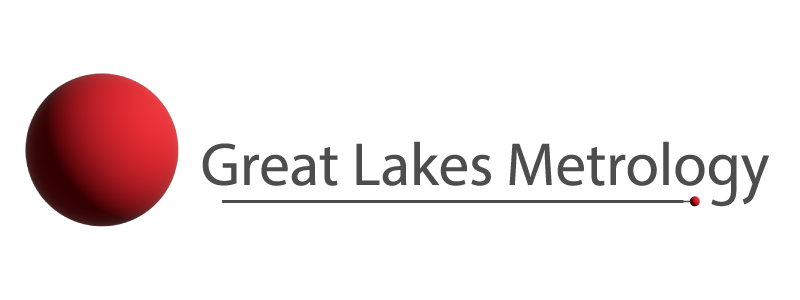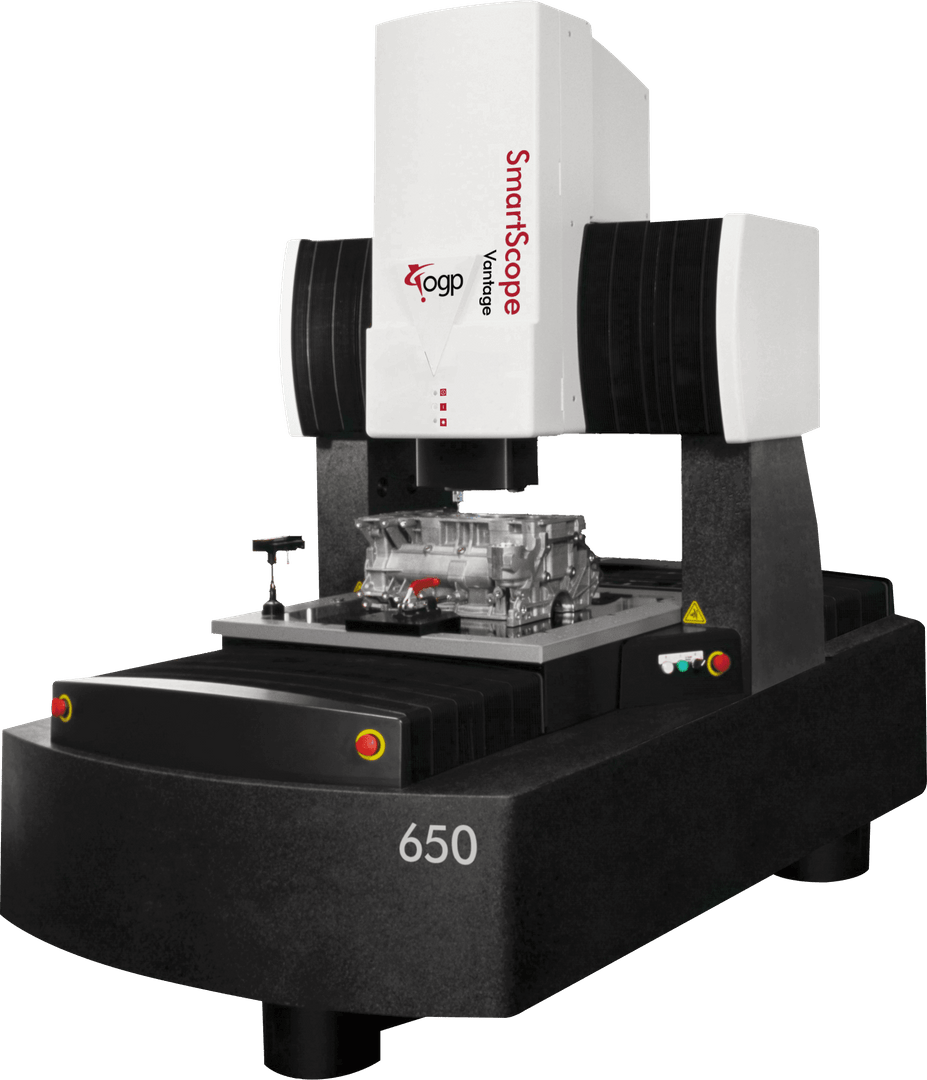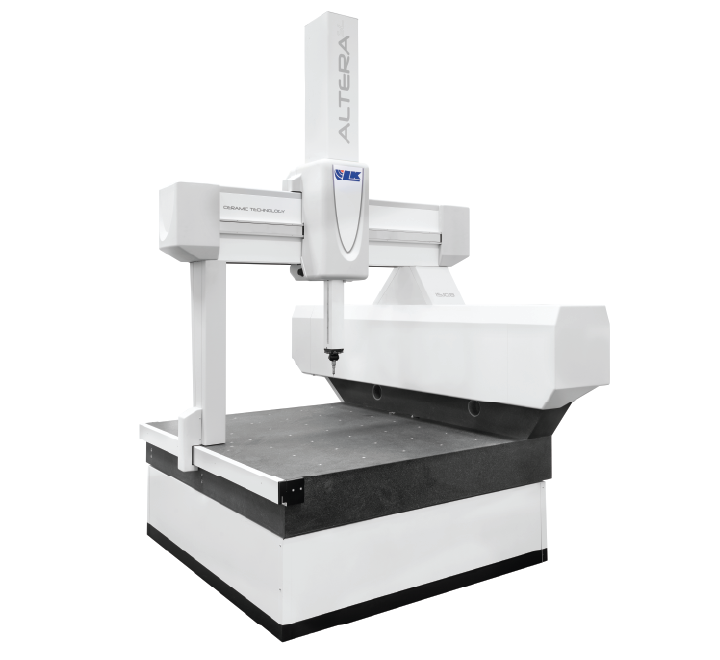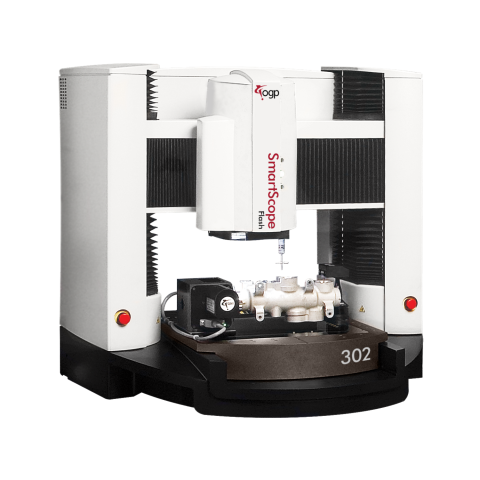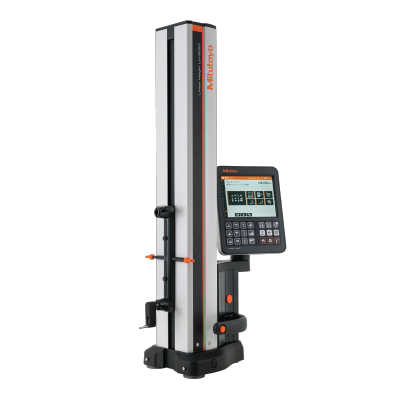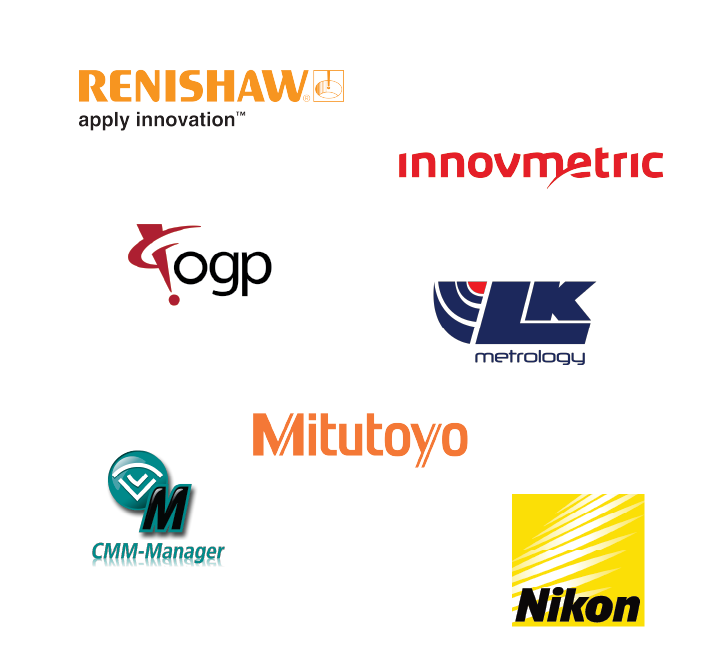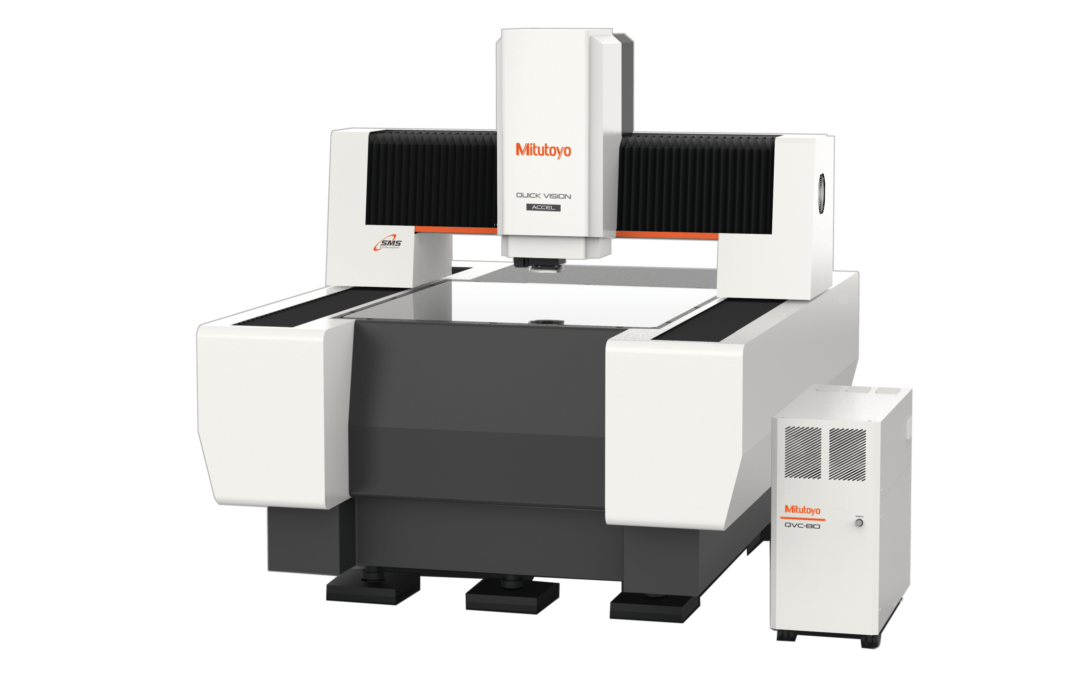As manufacturing processes grow increasingly complex, metrology—the science of measurement—has become indispensable for companies seeking to thrive through quality, efficiency and innovation leadership. Implementing robust metrology solutions needs to rank among the top strategic investments for manufacturers looking to gain a competitive edge.
Ensuring Consistent and Reliable Product Quality
Meticulous measurement practices are imperative for delivering consistent and reliable product quality that satisfies the most demanding customer expectations. Precision measurements are required at every stage—from rigorous inspection of incoming raw materials to continuous monitoring of variables during in-process manufacturing to final testing and validation of finished products prior to shipment.
Advanced metrology equipment like coordinate measuring machines (CMMs) and optical form and surface profiling systems allow manufacturers to accurately verify that all specifications and tolerances for attributes like dimensions, geometry and surface finish are met within allowable variability limits.
This rigorous quality assurance metrology minimizes risks associated with undetected defects and helps avoid unnecessary scrap, rework, warranty claims, recalls and losses from shipping products that fail prematurely in customer applications. Overall, it translates into happier customers, hassle-free order fulfillment and stronger branding stemming from a reputation for quality products.
Optimizing Manufacturing Processes
In addition to supporting consistent quality assurance, metrology also serves as an indispensable process optimization tool. By continually collecting measurement data at defined process stages, manufacturers can identify root causes of variability and opportunities for incrementally improving production methods, machine calibrations, component designs and other facets.
For example, analyzing patterns in discrepancies between as-manufactured workpiece dimensions and corresponding original CAD models can reveal possibilities for engineering design refinements, production sequence optimizations or updating certain tooling, fixturing, robotic handling and associated tolerances.
Furthermore, employing techniques like statistical process control (SPC) charts allows analyzing trends in measurement data to determine whether processes stay “in control” within expected variability versus demonstrating “out of control” inconsistencies requiring intervention. This heightened process stability boosts yields, lowers costs, reduces cycle times and ensures more uniform outputs—creating production efficiency gains over competitors.
Satisfying Industry Standards, Regulations and Audits
Conforming with stringent industry-specific quality standards and safety regulations also necessitates maintaining reliable measurement processes and data. For manufacturers of medical devices, automotive components, aerospace structures, electronics products and energy equipment, compliance with complex international and government product specifications is mandatory.
Metrology provides documented quantitative evidence that all requisite testing methods and inspection protocols have been rigorously followed, creating confidence that design, testing and acceptance criteria set forth by overseeing bodies have been satisfied. This includes calibration and adjustments of inspection instruments traceable to accredited national metrology standards, verification of personnel training on proper techniques, meticulous data recording and record-keeping mechanisms, robust quality audit processes and change management discipline.
By enabling transparent confirmation that products meet certification thresholds related to critical characteristics like life-saving performance or minimum safety factors, quality metrology is invaluable for regulatory compliance, avoiding liability issues and minimizing certification delays or additional burden for manufacturers.
Gaining Advantages as a Metrology Leader
With measurement science and technology playing such pivotal enabling roles, manufacturers who prioritize capital investments in precision metrology solutions stand to gain advantages over competitors.
Adopting state-of-the-art equipment automated with Industry 4.0 capabilities, recruiting personnel skilled in statistical methods and data science for metrological analysis, and committing to continuous improvement of inspection techniques facilitates achieving faster new product launch times, higher production throughput, first-time quality yields approaching 100 percent and lower manufacturing costs. It also fosters workplace cultures thirsty for never-ending enhancement.
For technology-driven industries where product life cycles can be as short as a few months, manufacturers need to zealously embrace emerging metrology capabilities to sustain innovation leadership and competitive differentiation.
FAQs
How does quality metrology impact customer perceptions of a manufactured product brand?
Robust quality assurance metrology leading to extremely reliable products that rarely fail during customer use instills strong brand affinity and trust. It results in higher customer repurchase rates, positive referrals and willingness to pay premium pricing.
What core responsibilities do metrology personnel need to possess today?
With metrology becoming heavily data-driven, personnel need solid competencies in applying statistical methods for measurement system analysis, designing experiments to optimize processes, creating predictive data models, programming automated inspection routines and analyzing trends through data visualization to identify improvement opportunities.
Which international quality management standards specifically necessitate strong metrology programs?
Standards like ISO 9001, IATF 16949 for the automotive sector, AS9100 for aerospace, ISO 13485 for medical devices and TL 9000 for telecommunications specifically emphasize that inspection, measurement and test equipment must be reliable and measurements traceable in order to gain certification.
How can manufacturers evaluate the return on investment from metrology technology upgrades?
By benchmarking key performance metrics before and after implementing upgrades related to scrap reduction, yield improvement, cycle time decreases, increased overall equipment effectiveness (OEE), higher customer satisfaction scores and warranty cost reductions.
Get Started with Metrology Solutions from Great Lakes Metrology
As experts in industrial measurement with over 25 years of experience applying cutting-edge quality inspection technology, Great Lakes Metrology offers highly advanced metrology systems tailored to the precise needs of manufacturing enterprises. GLM’s extensive equipment portfolio includes ultra-accurate coordinate measuring machines, non-contact laser radar scanning solutions, robotic portable measurement arms and high-resolution vision systems that deliver exceptional reliability.
GLM’s dedicated team also provides impactful personalized consulting services, implementation project management and training to help manufacturers build and sustain robust metrology foundations. Contact Great Lakes Metrology today to explore how upgrading quality measurement processes with innovative technology can help drive enhanced efficiency, visibility and competitive differentiation throughout manufacturing operations.
